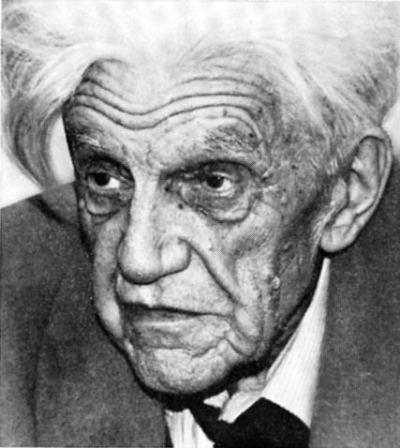Life and Oeuvre of the Munich Composer Karl (Carl) Freiherr von Feilitzsch (1901 – 1981) who was also one of the earliest ecological activists in Germany. His career ended abruptly due to his political activities in the mid 1960s. .
It seems to be impossible to comprehend the technique of this composer at the first glance. Looking at the score material for the first time, all professional musicians agreed that these compositions seemed rather boring. It is true that all compositions by Karl Feilitzsch require absolute perfection in the performance. After spending some time with the scores, after rehearsing with the artists and after the performances, all musicians and conductors were deeply moved and asked to perform the piece more often.
Contemporary Music – The Theory of his Compositions
Karl Feilitzsch wished to express the disparity of the human soul amidst the pressures and tensions of modern life. His expressive but tonal music used dissonances in a new way. In order to achieve inherent logic as well as deeply felt urgency, he developed his so-called “Dissonancentabelle”, a compositional system which graded the intensity of the dissonant notes. This key to his complex compositions was sadly lost after his death.

The “Apocalypse” – his most important work
To commemorate the 100th anniversary of Armistice on 11th November 2018, the final(1973) version of this Jazz cantata was performed for the first time since the 1950s.
Research and Performances
Several scores can be downloaded free of charge; Audio examples of 10 Lieder, one mass and two Jazz Cantatas can be found in the list of works. Shoould you wish of look at the archiveor plan to perform one of his compositions, please apply for the GEMA rights and contact: Angela Gräfin von Wallwitz einzuholen.

